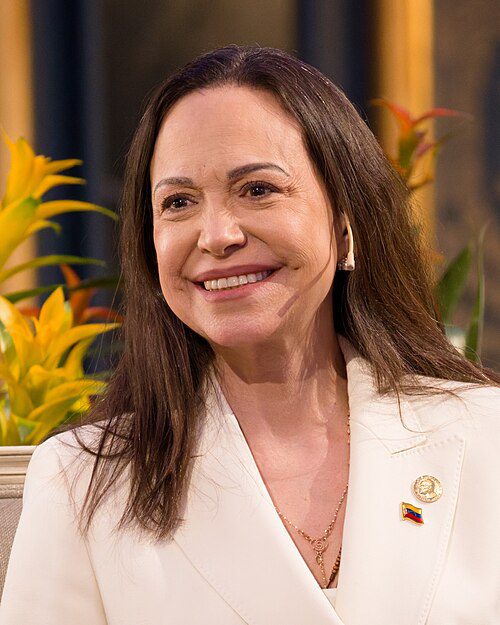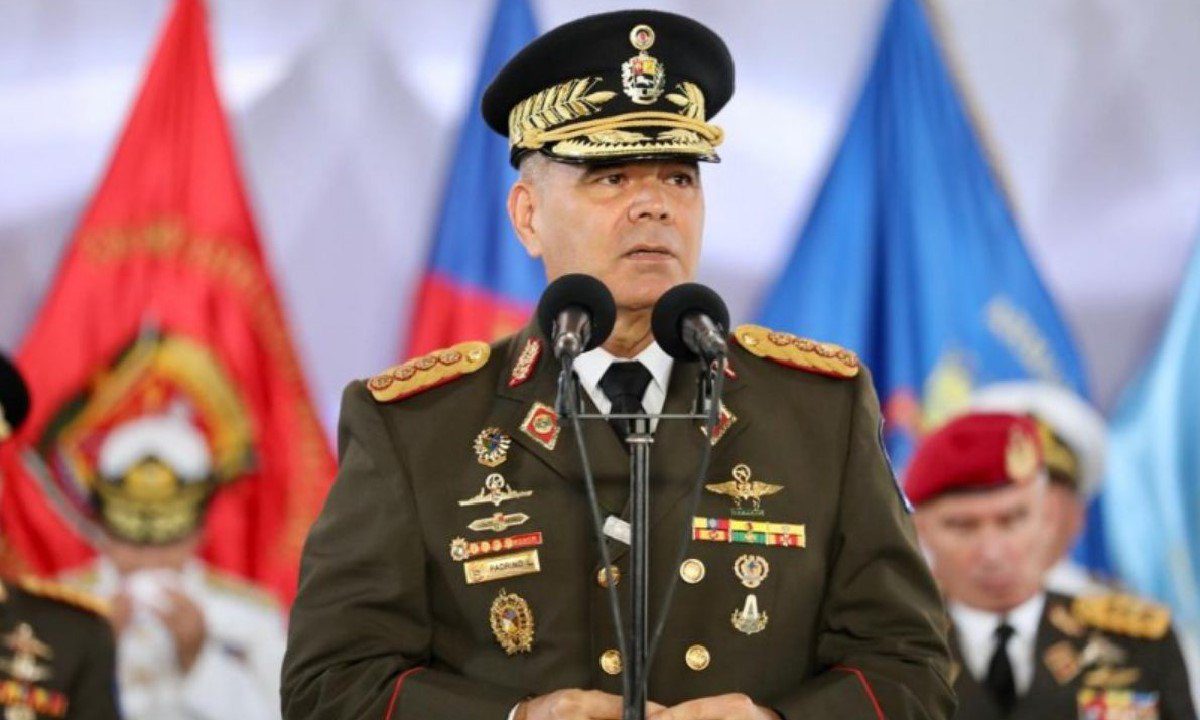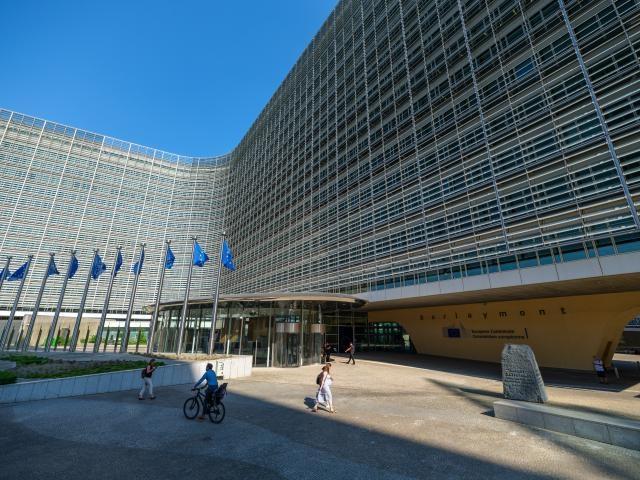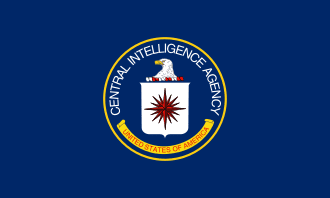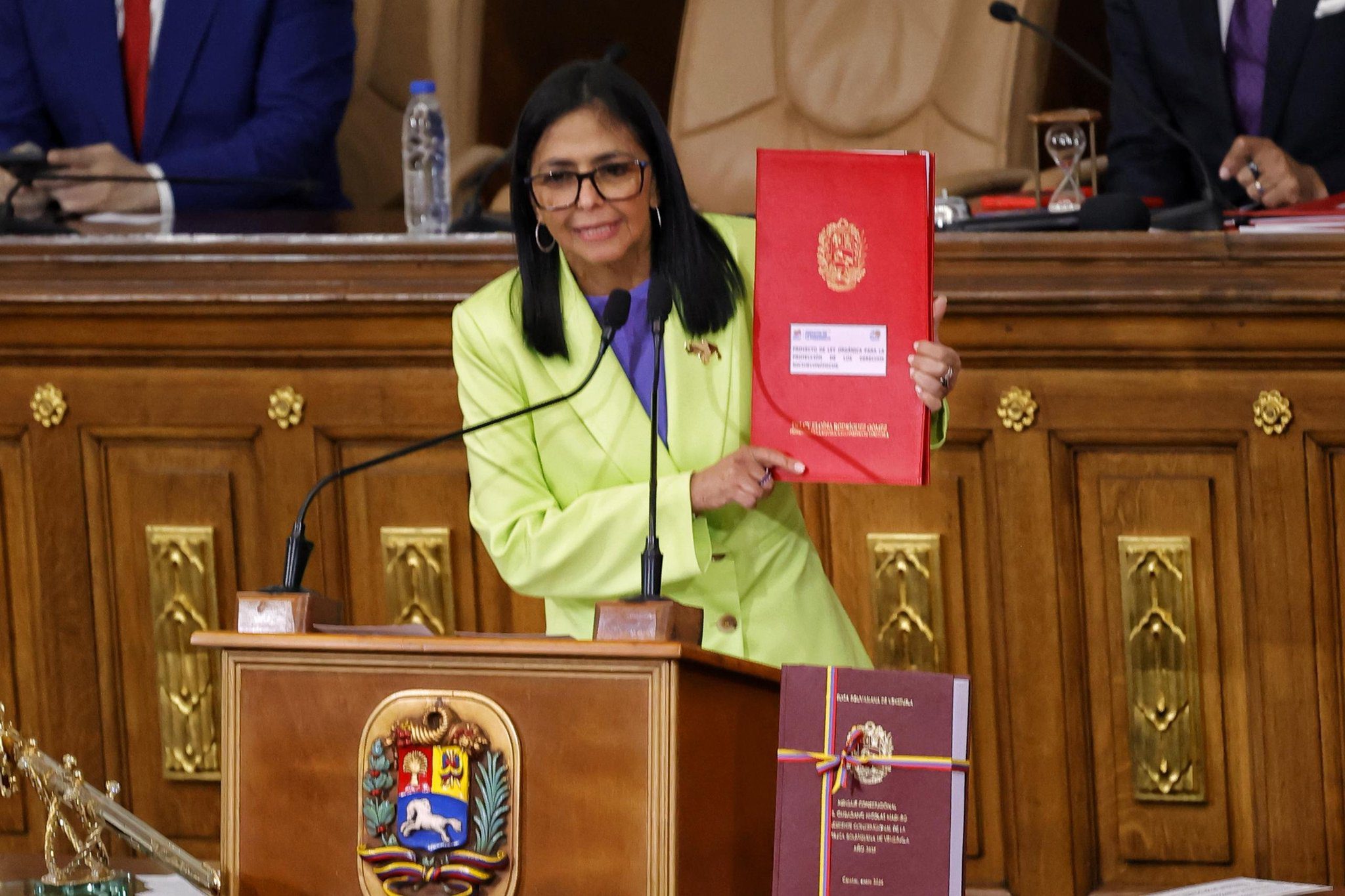Karim Khan in Caracas with Nicolás Maduro at the Miraflores Palace during his last visit to Venezuela. Photo: Prensa Presidencial.
Guacamaya, August 1, 2025. The Appeals Chamber of the International Criminal Court (ICC) determined that there are “reasonable grounds to believe” that Prosecutor Karim Khan was involved in a conflict of interest in the investigation into crimes against humanity in Venezuela, due to family and professional ties with a lawyer who has represented the government of Nicolás Maduro. Khan has three weeks to formally recuse himself, in accordance with Rule 35 of the Court’s Regulations.
The decision responds to a recusal request filed by the Arcadia Foundation, which argued that the prosecutor’s impartiality could be compromised due to his relationship with his sister-in-law, Venkateswari Alagendra, who has served as a lawyer for the Venezuelan state before the ICC.
In its ruling, the Appeals Chamber stated that the conflict “could undermine the prosecutor’s impartiality and affect public perception of the Court’s independence.” As a result, it ordered Khan to submit his formal recusal within three weeks, in accordance with Rule 35 of the Rules of Procedure and Evidence.
What is Rule 35?
Rule 35 of the Rules of Procedure and Evidence establishes that any prosecutor, judge, or other high-ranking ICC official must refrain from participating in a case when there is reasonable cause to doubt their impartiality.
The rule provides two avenues:
1. Voluntary Recusal: The official, upon identifying a possible incompatibility or conflict of interest, requests to withdraw from the case.
2. Requested Recusal: A party involved, or even another member of the Court, may formally request the official’s removal if they believe there are grounds to question their objectivity.
The final decision lies with the competent Chamber, which evaluates whether the alleged personal, professional, or hierarchical relationship could affect real or perceived impartiality.
In this case, the Appeals Chamber chose to give Khan the opportunity to submit a voluntary recusal before deciding whether to appoint an ad hoc prosecutor.
The ICC, headquartered in The Hague, Netherlands, was established in 2002 with the entry into force of the Rome Statute. Its mandate is to investigate and prosecute genocide, war crimes, and crimes against humanity, but only when national judicial systems fail to act effectively.
The investigation into Venezuela, formally opened in 2021, is the ICC’s first in Latin America concerning alleged crimes against humanity. In 2023, the Pre-Trial Chamber authorized the resumption of the investigation, deeming the internal inquiries by the Venezuelan judicial system insufficient.


